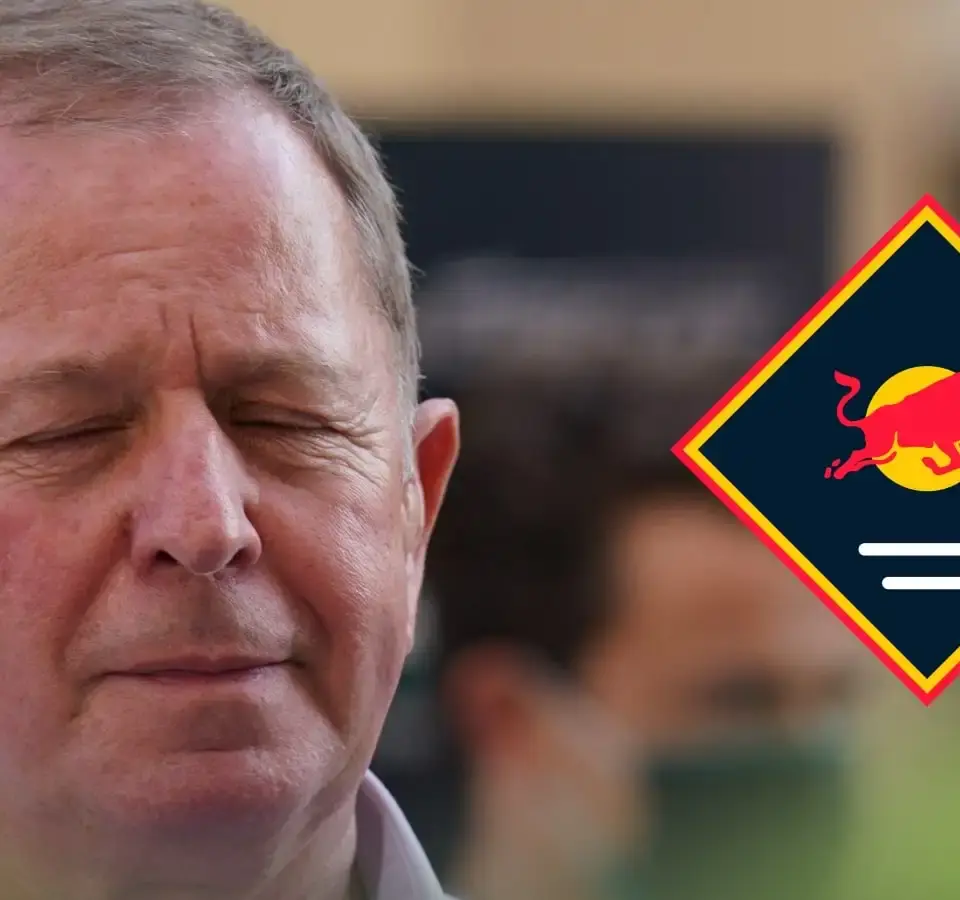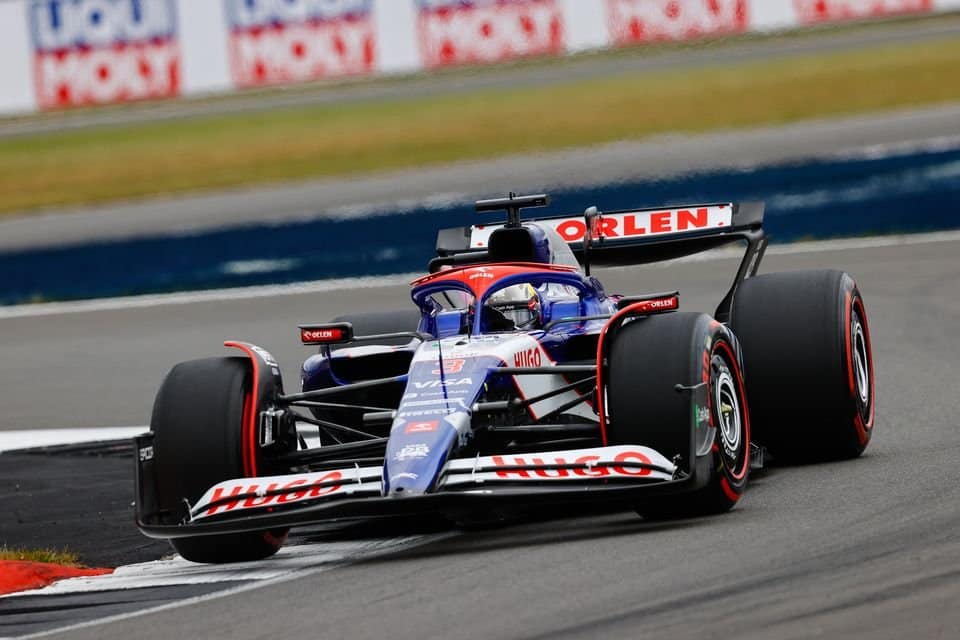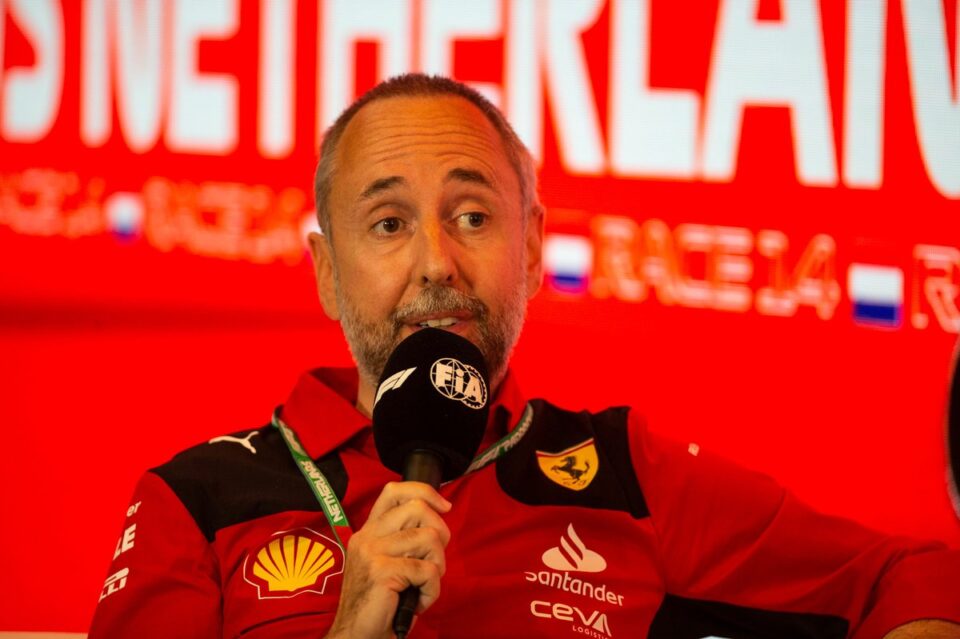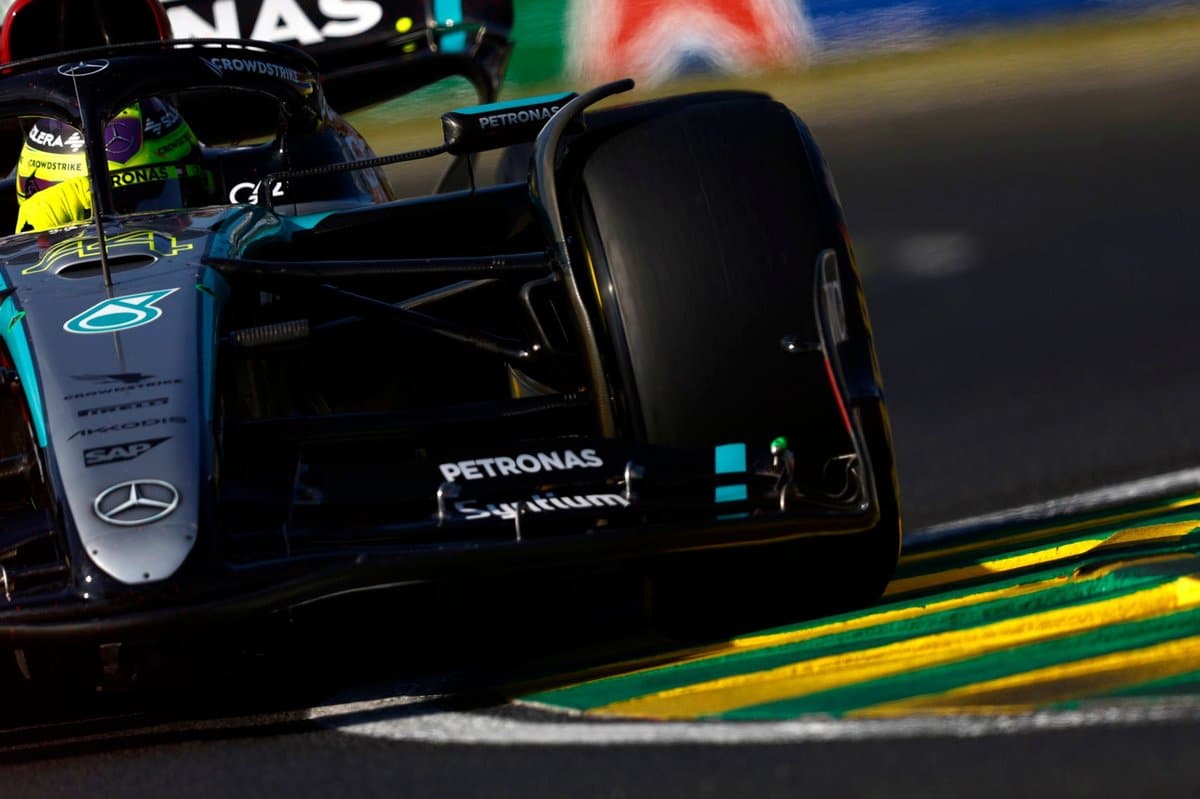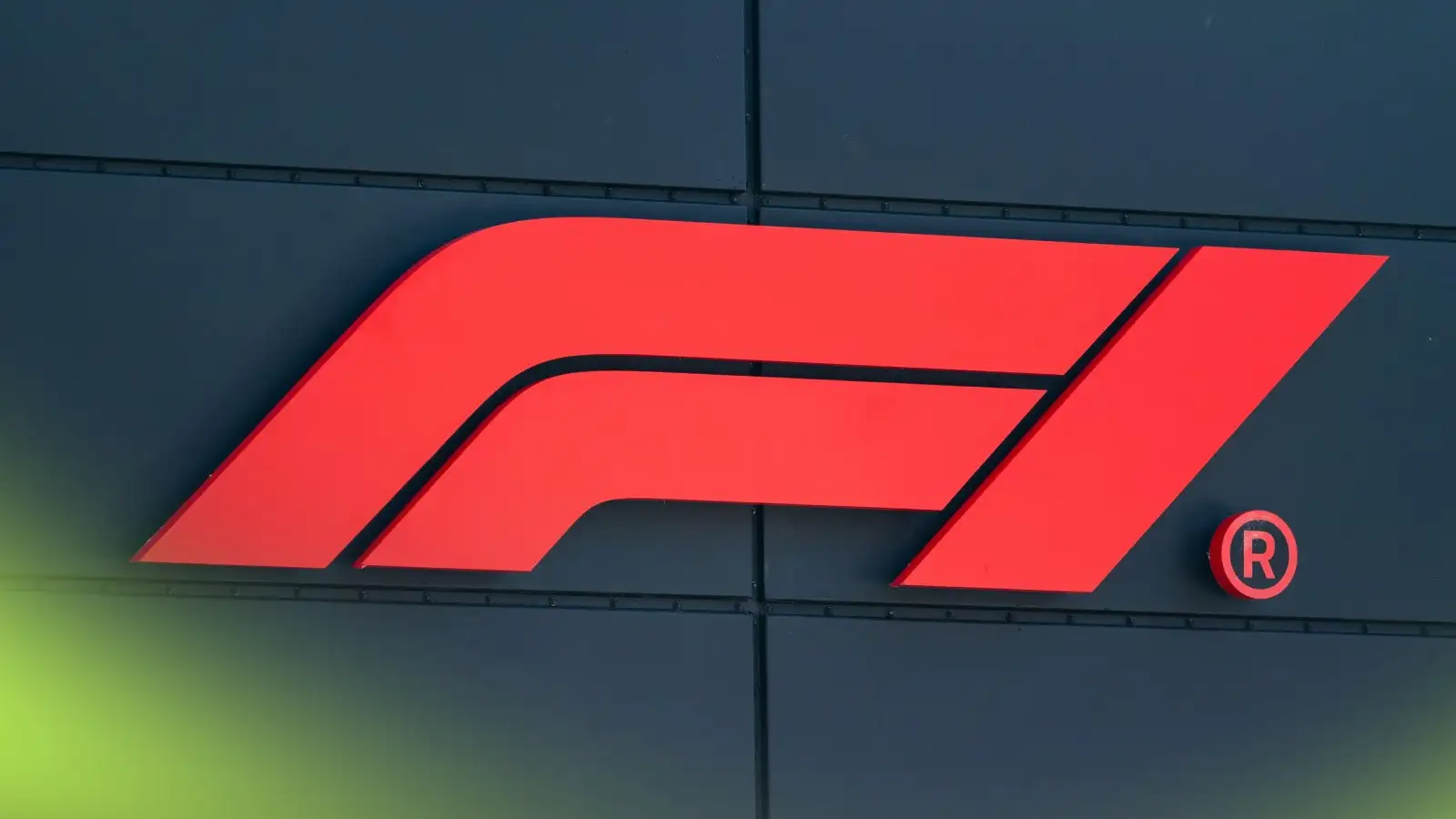In the world of Formula 1, change is not just constant but compelling. As the once dominant Red Bull team faces new challenges, the stage is set for a dramatic shift in the racing hierarchy. The recent races have dismantled the longstanding notion of Red Bull as the fastest car, ushering in a more competitive and thrilling era.
Experts and enthusiasts alike are buzzing with anticipation. Martin Brundle, a seasoned commentator and former driver, has pointed out that the next 18 months of racing are poised to be ‘truly epic.’ With various teams stepping up and Red Bull’s seeming vulnerability, the dynamics of the races have taken an exciting turn, promising intense competition and unpredictable outcomes.
Shifting Dynamics in Formula 1
The recent performances in Formula 1 have shown a significant shift, with Red Bull no longer dominating as the undisputed fastest car on the track. This change marks a turning point and indicates an upcoming era filled with competitive tension and unpredictability in the races. Former F1 driver Martin Brundle has highlighted this shift, noting that the variability in winners this season has made the championship more thrilling and competitive than ever before.
Max Verstappen’s Challenging Season
This year has proven challenging for Max Verstappen and Red Bull, who have had to push harder than before to secure their positions at the top. Despite a series of losses, Verstappen remains a formidable competitor. He still leads the championship standings, a testament to his skill and resilience under pressure. Red Bull’s overall performance, however, is being closely watched as teams like McLaren and Mercedes are catching up, narrowing the points gap in thrilling fashion.
At the British Grand Prix, Verstappen faced unexpected setbacks, including a broken floor on his car. Yet, he managed to finish in second place, showcasing his ability to overcome adversities. This race, among others, illustrates how the once-clear dominance of Red Bull is being challenged, adding layers of excitement to the sport.
The Importance of Adaptability
Adaptability has become a crucial factor for success in Formula 1. Teams are continuously adjusting their strategies and technologies to gain competitive edges. These adjustments were evident at the British Grand Prix, where changing weather conditions and technical challenges tested the drivers’ adaptability to the extreme.
The final stages of the race were particularly telling, with Verstappen demonstrating exceptional skill on hard tires, moving up from a potential fifth or sixth place to finish second. This ability to adapt quickly to changing conditions, could very well decide the fate of this season’s championship.
The dynamic nature of the current season keeps fans on the edge of their seats. As teams tweak their approaches and technologies, the unpredictability of race outcomes increases, making every race a must-watch event.
Lewis Hamilton’s Continued Excellence
Lewis Hamilton continues to be a significant force in Formula 1. His performance at Silverstone was a reminder of his undiminished skills and his ability to excel under pressure. By securing his ninth win at this venue, Hamilton not only added another trophy to his collection but also marked himself as a strong contender for the season.
Hamilton’s ability to manage his tires and maintain pace over his competitors in the last laps of the race exemplifies his veteran prowess and strategic acumen in the sport.
A New Era of Competition
With the introduction of all-new car designs slated for 2026, the next 18 months of F1 racing are predicted to be particularly epic. As teams and drivers grapple with the current cars’ limitations and strengths, the run-up to the new regulations promises to be filled with strategic battles and surprising outcomes.
Martin Brundle’s comment about the upcoming ‘truly epic 18 months’ captures the essence of this transitional period in F1. As teams optimize performance within the existing frameworks, the anticipation for what’s to come builds with every race.
Looking Ahead
The implications of this shift in competitive dynamics are profound. Not only does it affect the strategies and performance of the teams involved, but it also enhances the spectator’s experience, providing more thrilling races and unexpected outcomes.
As the curtain falls on the current Formula 1 season, the sport stands on the brink of a transformative period. The impending introduction of new car designs and evolving team strategies promise to elevate the competition to unprecedented levels. Martin Brundle’s prediction of a ‘truly epic 18 months’ underscores the excitement and unpredictability that await fans. Formula 1 is not just witnessing a shift; it is gearing up for a revolution in racing dynamics that will captivate audiences worldwide.
The anticipation of how teams will adapt and who will emerge as the frontrunner offers a tantalizing prospect for the future. As the sport continues to evolve, the only certainty is the thrilling uncertainty of the outcomes, ensuring that every race remains a must-watch event for fans around the globe.
Source: Planetf1
